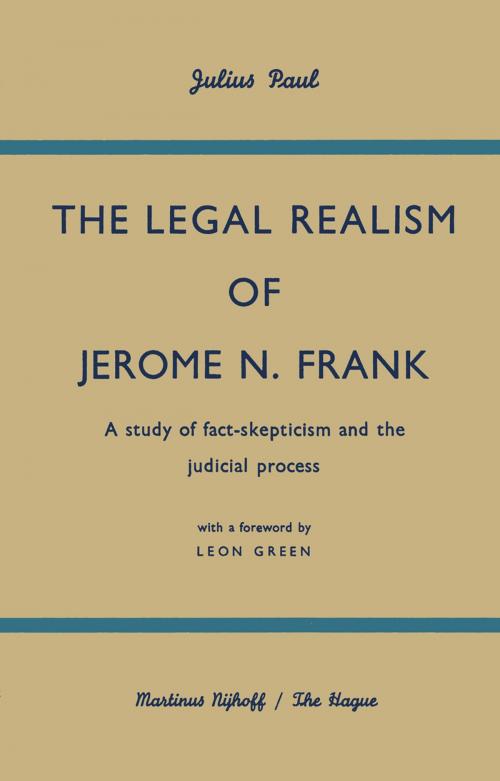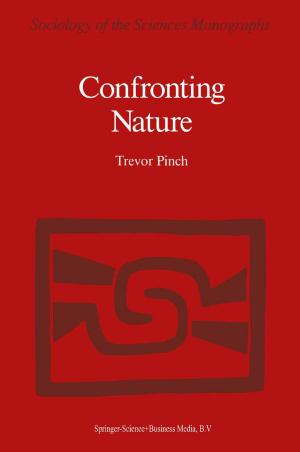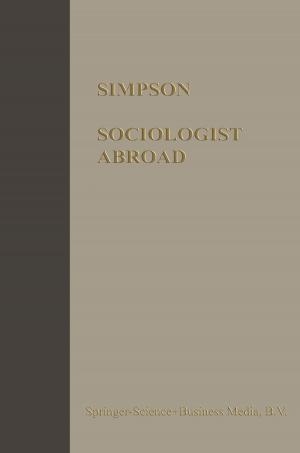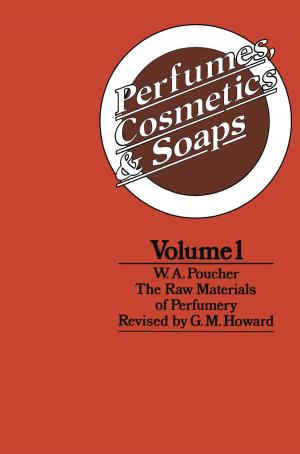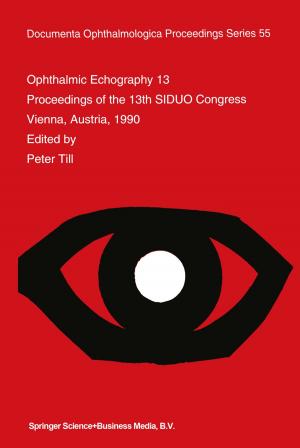The Legal Realism of Jerome N. Frank
A Study of Fact-Skepticism and the Judicial Process
Nonfiction, Reference & Language, Law, Reference, Religion & Spirituality, Philosophy| Author: | Julius Paul | ISBN: | 9789401194938 |
| Publisher: | Springer Netherlands | Publication: | December 6, 2012 |
| Imprint: | Springer | Language: | English |
| Author: | Julius Paul |
| ISBN: | 9789401194938 |
| Publisher: | Springer Netherlands |
| Publication: | December 6, 2012 |
| Imprint: | Springer |
| Language: | English |
Between the Levite at the gate and the judicial systems of our day is a long journey in courthouse government, but its basic structure remains the same - law, judge and process. Of the three, process is the most unstable - procedure and facts. Of the two, facts are the most intractable. While most of the law in books may seem to center about abstract theories, doctrines, princi ples, and rules, the truth is that most of it is designed in some way to escape the painful examination of the facts which bring parties in a particular case to court. Frequently the emphasis is on the rule of law as it is with respect to the negotiable instru ment which forbids inquiry behind its face; sometimes the empha sis is on men as in the case of the wide discretion given a judge or administrator; sometimes on the process, as in pleading to a refined issue, summary judgment, pre-trial conference, or jury trial designed to impose the dirty work of fact finding on laymen. The minds of the men of law never cease to labor at im proving process in the hope that some less painful, more trustworthy and if possible automatic method can be found to lay open or force litigants to disclose what lies inside their quarrel, so that law can be administered with dispatch and de cisiveness in the hope that truth and justice will be served.
Between the Levite at the gate and the judicial systems of our day is a long journey in courthouse government, but its basic structure remains the same - law, judge and process. Of the three, process is the most unstable - procedure and facts. Of the two, facts are the most intractable. While most of the law in books may seem to center about abstract theories, doctrines, princi ples, and rules, the truth is that most of it is designed in some way to escape the painful examination of the facts which bring parties in a particular case to court. Frequently the emphasis is on the rule of law as it is with respect to the negotiable instru ment which forbids inquiry behind its face; sometimes the empha sis is on men as in the case of the wide discretion given a judge or administrator; sometimes on the process, as in pleading to a refined issue, summary judgment, pre-trial conference, or jury trial designed to impose the dirty work of fact finding on laymen. The minds of the men of law never cease to labor at im proving process in the hope that some less painful, more trustworthy and if possible automatic method can be found to lay open or force litigants to disclose what lies inside their quarrel, so that law can be administered with dispatch and de cisiveness in the hope that truth and justice will be served.
